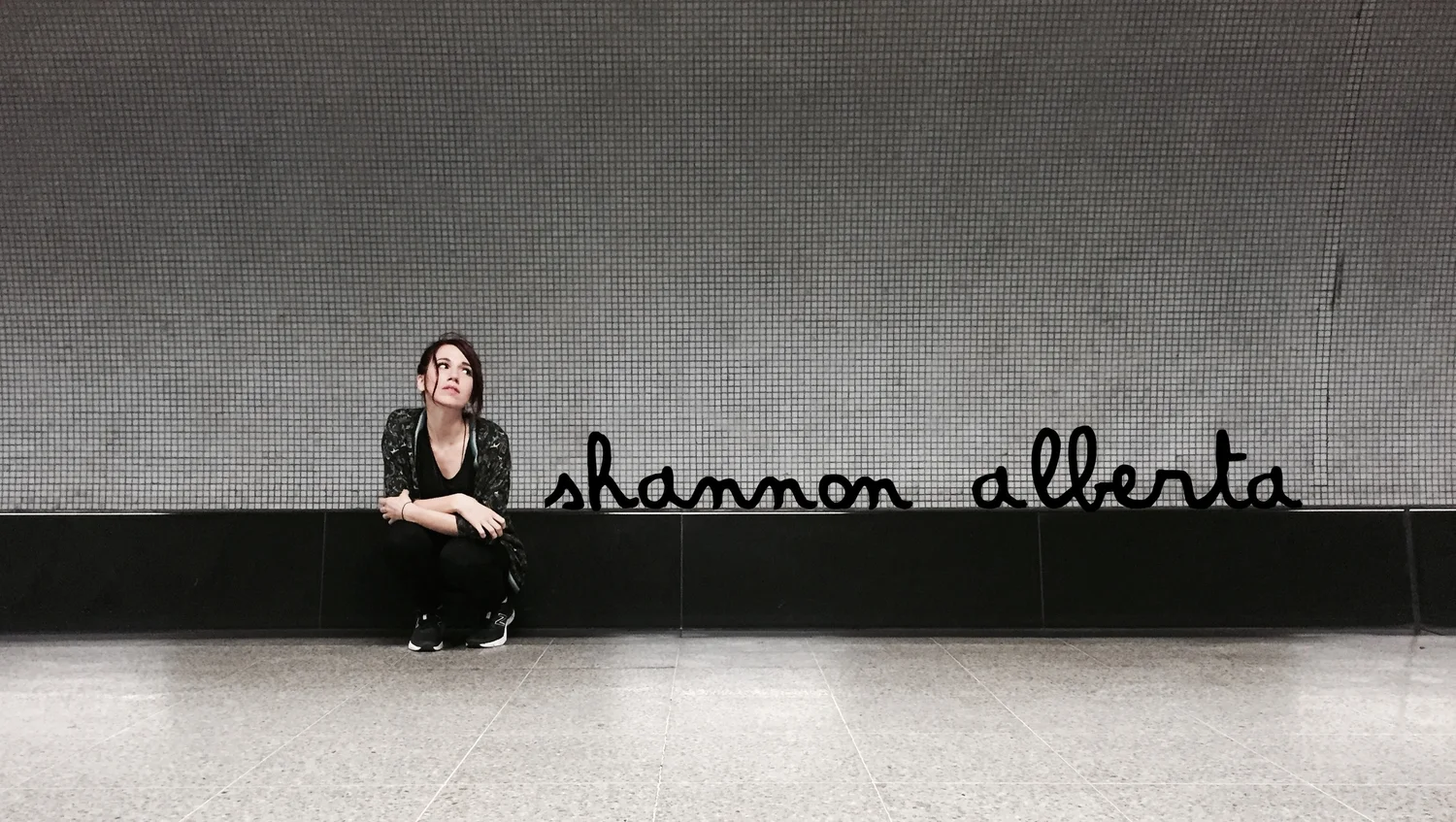I recently pulled a story out of hibernation (AKA: a folder on my desktop called 'Don't'). I had forced it into a slumber because, like a bad relationship at the very end, everything the story did annoyed the absolute stuffing out of me. (If my relationship with this story had an anthem, it'd be this.) It was crawling around under my skin like some alien insect on The X-Files. I let it go on for far too long, even though I knew better. Even though the healthy part of me was saying, "Drawer this hoser!"
The good news is that when I pulled it out all these months later, I didn't totally hate it. In fact, it started speaking to me, telling me what it needed, and even what it was concerned with trying to say. And me, being the good little minion that I am, got back to work.
Yadda yadda yadda, the story is at it again. Every time I think it's done, it goes and becomes something else. I sent it out to a Dear Writer Friend, whose advice was: "Depopulate!" They used the word 'disoriented'.
But they also said they like it. A lot. Which gives me those tingles on the top of my head.
So I'm back to work, where the story's got a finger up my nostril and is leading me around. Even though it's not my favourite thing I've ever written, when it finally settles down, sending it out into the world will actually feel like my biggest achievement yet.

















